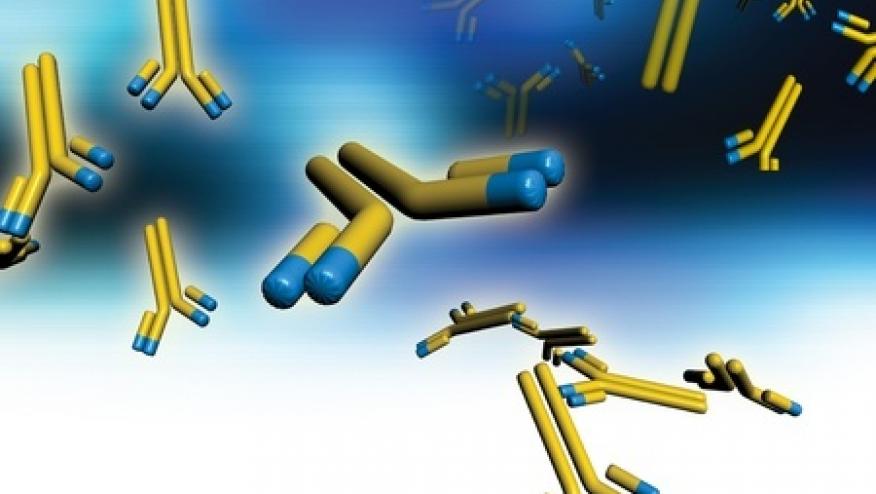Geo-epidemiology of Autoantibodies in Rheumatoid Arthritis Save

A multinational study of rheumatoid arthritis (RA) patients shows a variety of post-translationally modified anti-modified protein antibodies (AMPA). While AMPA differed in different ethnic populations, their levels correlated with total serum IgG.
Researchers examined autoantibody profiles (different types of AMPA) from different geographic locations and their association with HLA DRB1 alleles and smoking. Specifically they looked at anti-carbamylated (anti-CarP), anti-malondialdehyde acetaldehyde (anti-MAA), and anti-acetylated protein antibodies (anti-AcVim) from anti-citrullinated protein antibody-positive (CCP) patients who were Dutch (Netherlands/ NL, n = 103), Japanese (JP, n = 174), First Nations Peoples in Canada (FN, n = 100), and black South African (SA, n = 67) RA patients.
Median AMPA levels were higher in First Nations Peoples in Canada and especially South African patients.
| Netherlands | Japan | First Nations | S. Africa | p Value | |
| anti-CarP | 47% | 43% | 58% | 76% | < 0.001 |
| anti-MAA | 29% | 22% | 29% | 53% | < 0.001 |
| anti-AcVim | 20% | 17% | 38% | 28% | < 0.001 |
Total IgG levels were also quite different among these four geogrphic regions. Differences between cohorts were less pronounced when autoantibody levels were normalized to total IgG levels.
No consistent relationshipo was seen between AMPA and HLA risk alleles or smoking.
AMPA positivity may not be solely dependent on geographic locations and ethnicities. Thus, it appears geography and ethnicity do not play a major role in shaping the AMPA response once ACPA have developed in RA. Instead it appears other, more common immunologic pathways are responsible for these post-translational changes to the autoantibody profile in RA.











If you are a health practitioner, you may Login/Register to comment.
Due to the nature of these comment forums, only health practitioners are allowed to comment at this time.